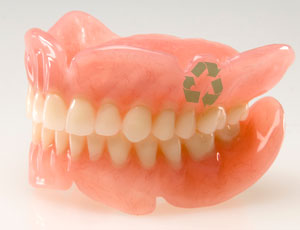
(Photo: Cevdet Gökhan Palas / iStockPhoto)
If you’re old enough to remember the Carter administration like me, you’re old enough to have witnessed the birth of modern day recycling in the U.S.A. I’m glad -- and proud -- that we’re now a nation where recycling is as common as an 8-track tape player was in an AMC Gremlin back when Jimmy was president.
Today, more than 80% of U.S. households have easy access to locally based programs for recycling paper, plastic, glass, and aluminum.
But recycling isn't just about everyday household items any more. Nonprofit organizations and specialized businesses are springing up everywhere to recycle almost everything imaginable.
Here are 10 recycling oddities that might surprise you.
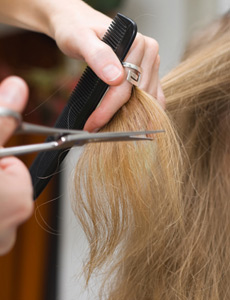
Human hair
Locks of Love is a well known nonprofit organization that accepts donations of human hair to recycle into hairpieces for financially disadvantaged children suffering from medical hair loss.
But even smaller quantities of human hair -- including much of what used to end up in the barbershop’s wastebasket -- is now being recycled into a variety of gardening products that encourage healthy plant life and naturally deter unwanted pests in the garden.
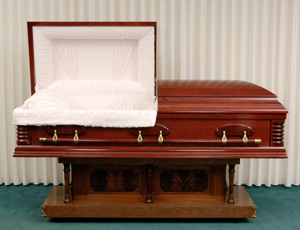
Coffins
Why not try a recycled coffin? You won't know the difference, after all. Consider renting a casket from the funeral home rather than purchasing one if you’re planning on being cremated ... or think you might still snap out of it.
For cremation or regular burial, often times it’s even less expensive and more eco-friendly to buy a cardboard coffin, many of which are made from 100% recycled materials.
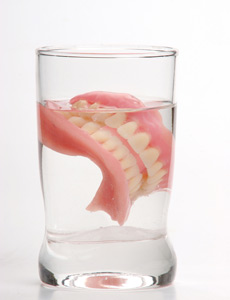
Dentures
Every year, there are roughly 3.6 million sets of dentures manufactured in the world, and each set contains about $25 worth of precious metals, including gold and silver. Most unwanted dentures are thrown away, but a nonprofit organization was recently created in Japan to recycle the metals found in dentures and donate the proceeds to UNICEF.
To date, it has raised more than $250,000 for UNICEF and other organizations. Is anyone looking for a worthwhile nonprofit venture to bring to the U.S., maybe something to sink your teeth into?
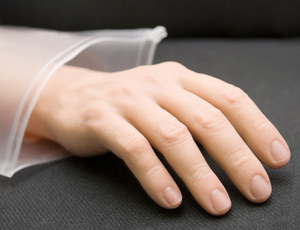
Prosthetic limbs
According to the Amputee Coalition of America, “Prosthetic components are generally not reused in the United States because of legal considerations. However, used prosthetic limbs may be disassembled and the components shipped to Third World countries for use by landmine victims and/or other individuals in need.”
See this website for a list of organizations in the U.S. that accept donations of prosthetics.
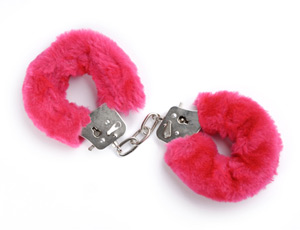
Adult novelties
Just when you thought you’d heard all of the recycling news that’s fit to print, here’s some that perhaps isn’t (so be forewarned before opening this link): The folks at Sex Toy Recycling are in the business of doing just as their name implies.
Apparently their mothers never told them, "Don't play with that thing. You don't know where it’s been."
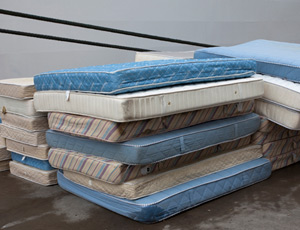
Mattresses
An increasing number of mattress retailers will accept your used mattress for recycling, but specifically ask/insist about recycling before you agree to buy a replacement.
Mattress recycling centers are springing up around the country, where they recycle about 90% of the mattress into fiber for clothing, wood chips, foam products, and scrap metal.
Given that about 20 million mattresses are replaced every year in the U.S., you’ll sleep better knowing that your old mattress isn’t spending the night in the landfill.
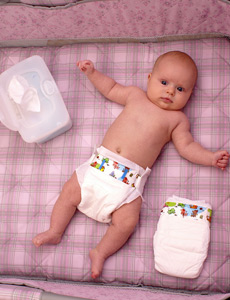
Diapers
Of course cloth diapers have always been recyclable, although few Americans use cloth diapers anymore. But since 1999, a British company, Knowaste, has been pioneering the recycling of disposable diapers, or disposable “nappies” as the Brits call them.
The movement (so to speak) is catching on in the U.S., which a good thing since the average baby requires about 6,000 disposable diapers by the time he or she is potty trained.

Hotel soap
Ever wonder what happens to those little slivers of soap you leave in the shower at the hotel? More and more hotel chains are recycling their leftover soap and shampoo, or joining forces with nonprofit organizations like Clean the World to recycle it and donate it the needy.
Of course you can always take the soap slivers home with you, like I do. Put a bunch of them in the heel of an old pair of pantyhose to make your own Green Cheapskate soap-on-a-rope.
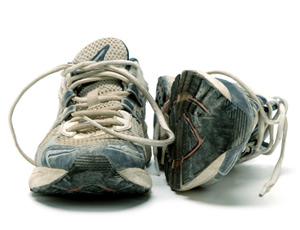
Running shoes
Given their hefty price tag, you can bet that I run my running shoes into the ground before retiring them. But even worn out shoes can be recycled into building materials, or, if they still have some life in them, donated to the less fortunate.
Check out the website www.recycledrunners.com for shoe recycling facilities and organizations near you.
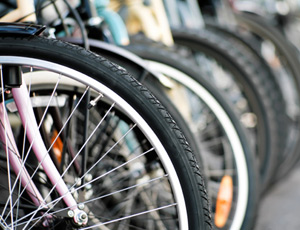
Bicycles
For many people of the world, a bicycle is basic transportation -- not recreation -- but still a luxury they can’t afford. Providing bicycles to those living in third-world countries can change lives for the better.
Americans throw away more than 15 million bicycles each year, but the nonprofit organization Bikes for the World is working to keep those unwanted bikes out of our landfills and put them in the hands of people who really need them.
Jeff Yeager is the author of the book The Ultimate Cheapskate's Road Map to True Riches. His website is www.UltimateCheapskate.com.
No comments:
Post a Comment